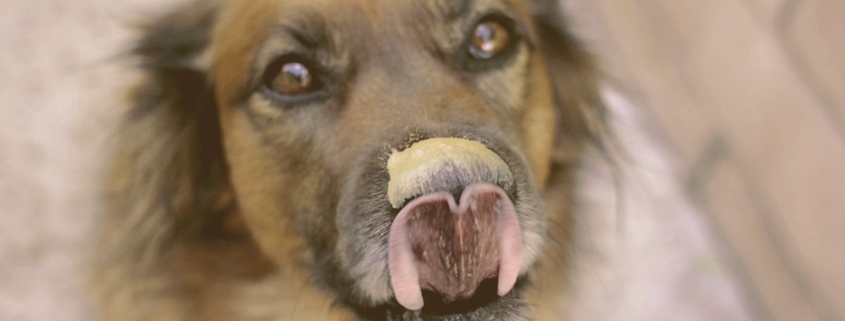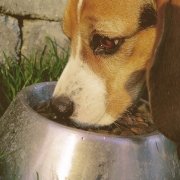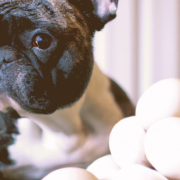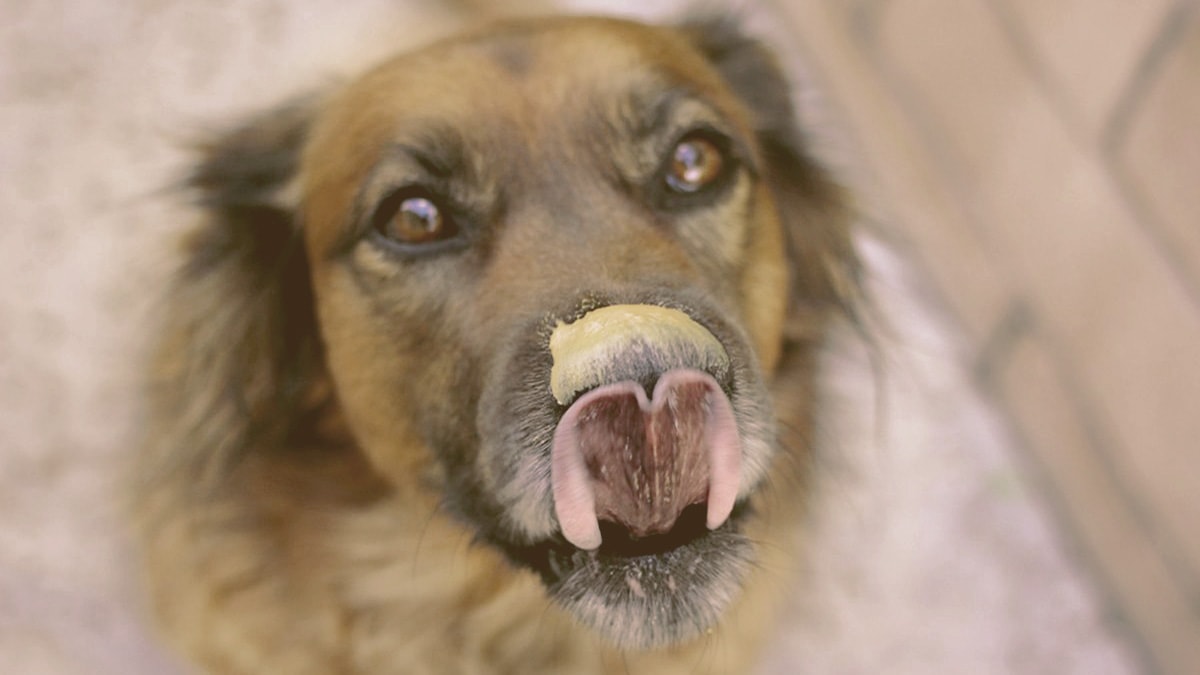
Can Dogs Eat Peanut Butter? We Ask the Experts
Alex Vicente • Updated on August 22, 2023
- This review contains affiliate links. Read more here.
- Not a substitute for professional veterinary help.
As a dog owner, you know that you will do absolutely anything to make sure you take care of your furry friend properly. Sometimes that means letting our dogs indulge and enjoy some human food that they literally drool over. Peanut butter tends to be one of these fun treats that dogs enjoy more than life itself.
But is peanut butter a safe snack to give to dogs?
In general, most peanut butter is safe for dogs to eat. Too much of anything is not a good thing, but in small quantities and moderation, peanut butter is okay for dogs to consume. Ideally, the peanut butter the dog eats should not have high amounts of sodium, sugar, or other additives.
It can be extremely tempting to let our dogs have a little bit of this and that of human food, treats from the dinner table, etc. However, dog owners must still be careful about how many treats outside of actual dog food are being given, as that can have negative side effects. Continue reading through this article to get the inside scoop on what is safe for dogs and what isn’t when it comes to peanut butter.
Other resources that you may be interested in:
- Small Breeds Senior Dog Food
- The Best Harness for a French Bulldog: Everything You Need To Know
- English Bulldog Pitbull Mix: The Ultimate Guide
Table of Contents
Can Dogs Eat Peanut Butter?
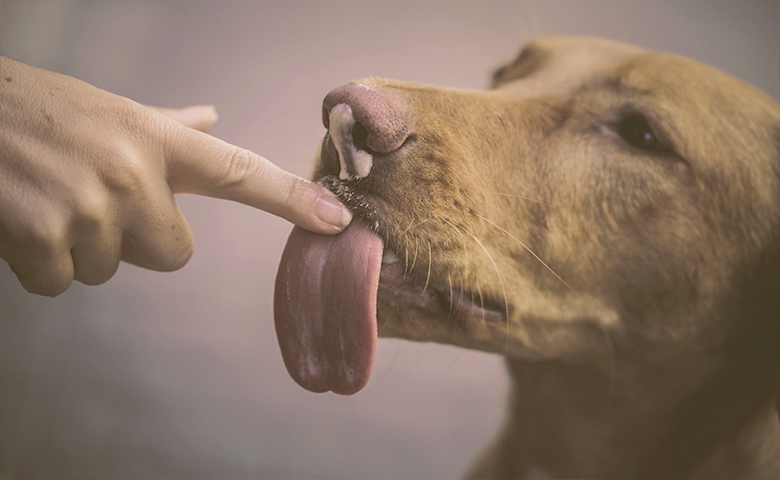
It is safe for dogs to eat peanut butter, but you should make sure the peanut butter you provide has a healthy list of ingredients. Aside from certain whole foods that can be problematic for dogs (i.e., grapes), there are particular ingredients that could cause issues for your dog(s) as well.
You’ll want to try to get peanut butter brands with quality ingredients; try to stay away from peanut butter high in vegetable oils, too much sugar, and specific sugar substitutes.
What Peanut Butter is Safe for Dogs?
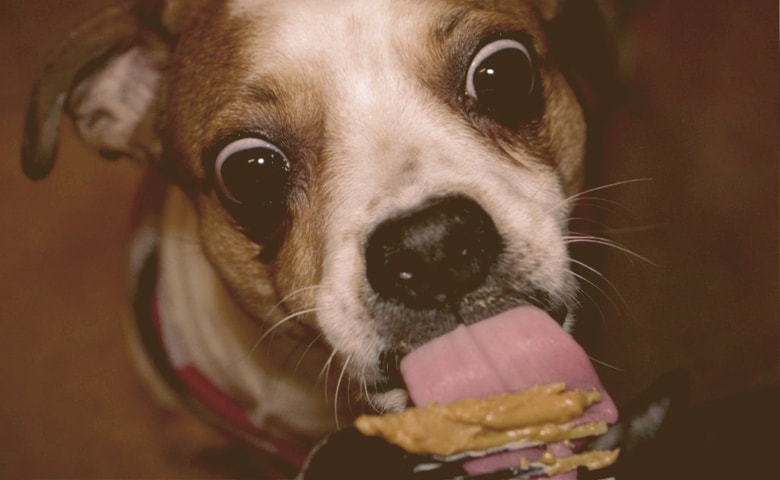
For the most part, the majority of peanut butter brands are safe for dogs to eat. Many people now prefer to opt for peanut butter with more organic and natural ingredients. While this can benefit humans, it is especially beneficial for dogs that love a tasty treat now and then.
Dog Lab outlines a list of some of the top peanut butter brands that are safest for dogs:
- 365 Organic Creamy Peanut Butter
- Natural Jif
- Natural Skippy
- Poochie Butter
- Teddie All Natural Peanut Butter
There are plenty of healthy peanut butter alternatives for your pet, so it’s just a matter of finding the proper ones so your dog can enjoy it safely.
ALSO READ: How Much Calcium to Give a Dog for Whelping?
Peanut Butter Ingredients Dogs Need to Avoid
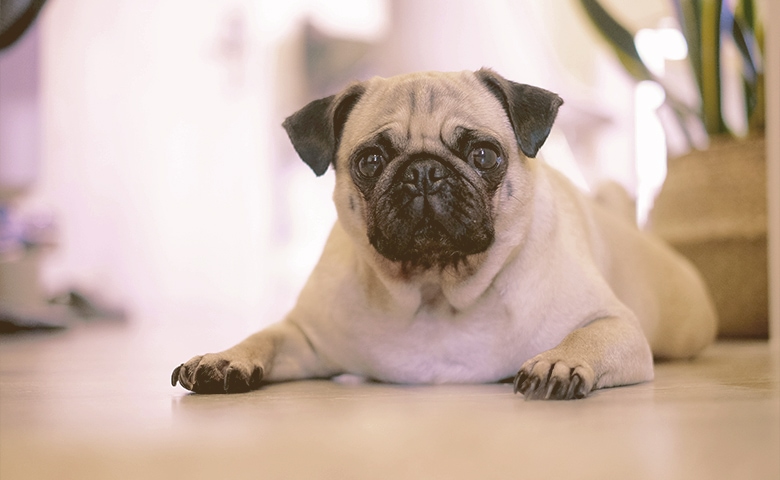
Xylitol is a sugar substitute found in certain peanut butters and things like chewing gum, mints, and toothpaste. The issue with dogs and xylitol is that it causes an insulin spike which leads to a drastic drop in blood sugar, which can be fatal if not treated promptly.
If your dog happens to ingest xylitol, it’s good to be able to point out symptoms that there might be a problem. ASPCA Pet Health Insurance outlines a handful of other dangerous side effects dogs may suffer from if xylitol is ingested:
- Diarrhea
- Seizures
- Liver failure
- Death
Additionally, ASPCA advises that anything that contains the letters “xyl” found in ingredients should be avoided by your pets as well. These other problematic ingredients include:
- 1,4-anhydro-d-xylitol
- Xylite
- Anhydroxylitol
- D-xylitol
- Xylitylglucoside
Even if your dog happens to ingest a tiny bit of these ingredients, it might be safer to still take the necessary precautions and consult a vet. If you want to treat your dog a little bit and give him or her some peanut butter, just be sure to check the label and ensure that it does not contain xylitol or other “xyl” ingredients.
Crunchy vs. Creamy Peanut Butter
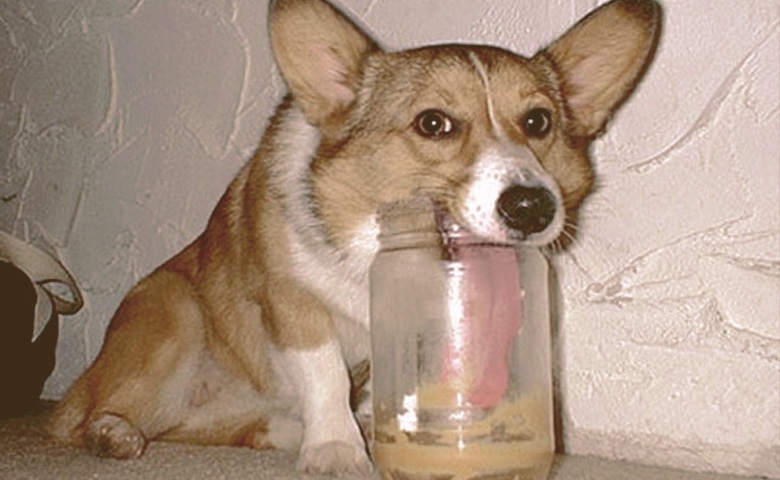
So we’ve established that peanut butter without xylitol is okay for dogs, but does it matter if it’s crunchy or creamy peanut butter?
All in all, it will not make a difference if the peanut butter you feed your dog is crunchy or creamy. The only other thing to be wary of with chunky peanut butter is if you have a smaller dog; the actual chunks of peanuts could pose a choking hazard.
As long as the ingredients are natural, high-quality, and do not contain xylitol, then your dog will be fine with either type of spread.
ALSO READ: High-Fiber Dog Food
Peanut Butter Brands Not Safe for Dogs
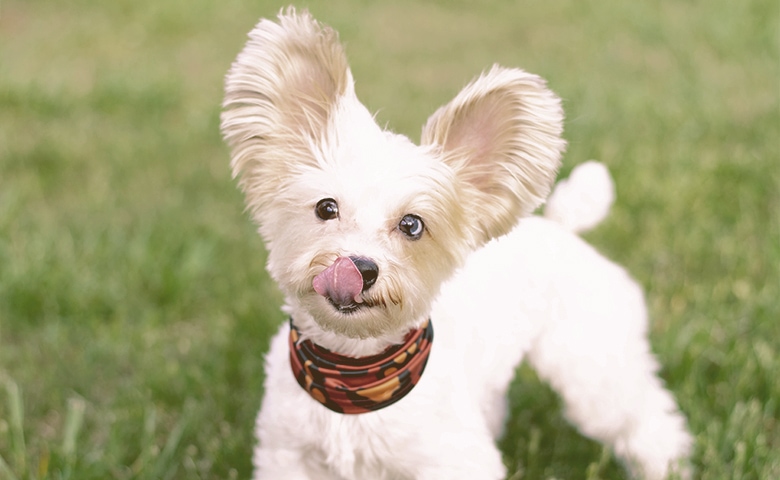
To help pinpoint the brands of peanut butter that could prove to be an issue with your pet(s), the Boston Globe provided a list of the brands known to still use xylitol in their products:
- Go Nuts Co.
- Krush Nutrition
- Nuts ‘N More
- P28 Foods
- Protein Plus PB
These aren’t as common as some other top name brands, but these are the five most known for still using xylitol in their peanut butter. Be sure to double-check ingredient labels and try to get a product that is as natural and organic as possible.
Signs Your Dog Has a Bad Reaction to Peanut Butter
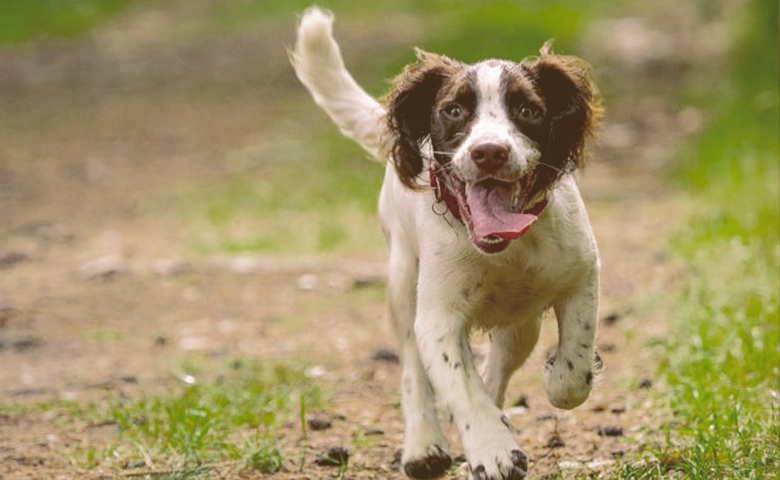
If you start to notice your dog having uneven balance, rapid breathing, issues walking, or a change in body temperature, that may be a sign that your dog is having adverse reactions to something in the peanut butter. In these cases, you should get your pet to the vet right away.
These symptoms can happen due to your dog ingesting something poisonous or toxic to them, likely xylitol, or a similar ingredient. Although this causes a rapid drop in blood sugar, fortunately, there is a short-term remedy until you can get your dog to the vet.
If you notice your pet experiencing the symptoms mentioned above, rub maple syrup or something similar with a high amount of sugar on your dog’s gums to help raise their blood sugar. This will help prolong the effects of the drop in blood sugar until a vet can safely take over.
Can Dogs Have an Allergic Reaction to Peanut Butter?
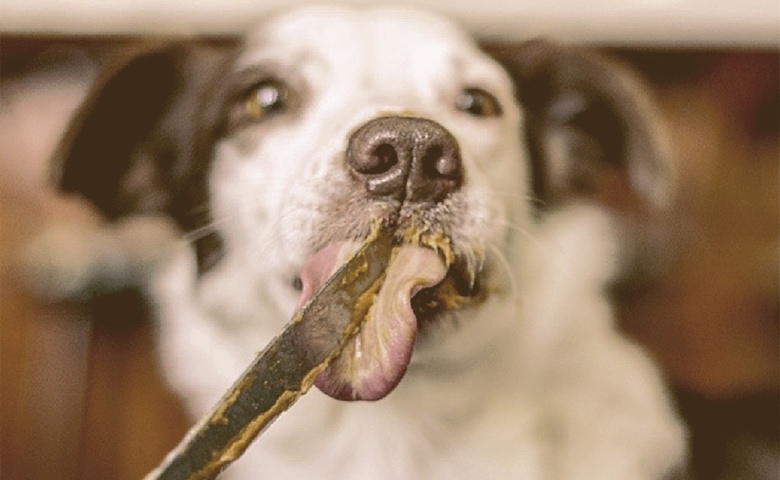
Unlike other types of nuts, it is actually uncommon for dogs to have a peanut allergy, making it unlikely that peanut butter will cause such a reaction as the symptoms described above. That doesn’t mean it’s impossible—just more likely that your dog ingested an ingredient that is toxic for them.
Are Peanut Butter Treats Safe for Dogs?
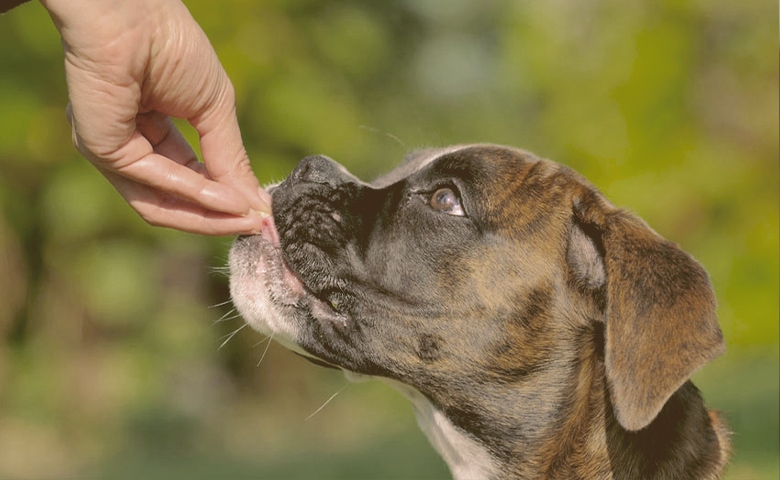
With peanut butter treats, similar rules apply as for feeding your dog just normal peanut butter. They’re tailored a bit more towards a traditional dog treat but with a touch of peanut butter to it. However, you should still try to get the ones with healthy ingredients and not loaded with preservatives.
The nice thing about dog treats is that they are made specifically for dogs, so there is a lot less risk of your dog having adverse reactions than if you give your dog too much “human” food.
Amazon has a great list of peanut butter dog treats that can serve as good options to help your dog take medication or to stuff into their Kong as a treat:
- Newman’s Own Peanut Butter Dog Biscuits
- SmartBones Mini Peanut Butter Chew Bones Dog Treats
- Blue Dog Bakery Softies Peanut Butter Dog Treats
- Riley’s Organic Peanut Butter and Molasses Recipe Biscuit Dog Treat
There are plenty of safe peanut butter dog treats; it is just a matter of finding the ones that your dog enjoys but is still okay for them to eat. The more natural treats you can find without tons of sugar and/or preservatives, the better.
How Often Can Dogs Have Peanut Butter?
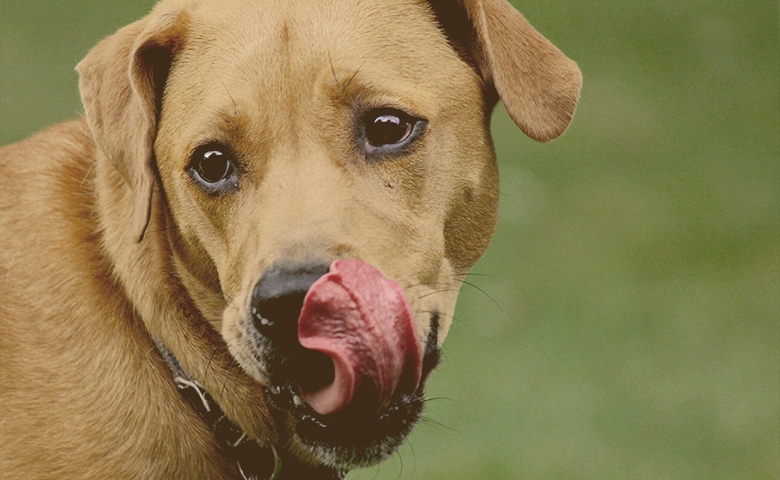
In small doses, your dog will be just fine consuming peanut butter, even if it’s daily. However, if you start to feed him or her too much, your dog may start to show signs of a couple of different issues.
If a dog consumes about 10% of its daily calories from peanut butter, that is sufficient and won’t cause issues with your pet. If you don’t happen to know the actual daily intake of your dog’s calories, then a tablespoon will be a great way to measure an appropriate amount of peanut butter.
For smaller dogs, about ½ tablespoon of peanut butter is a safe amount to have daily, and no more than one tablespoon for larger dogs.
When in doubt, it’s never a bad idea to check the label and see what a serving amounts to, but the above numbers are a good guideline to go by regarding how much peanut butter is safe for your dog(s) to have.
Effects of Too Much Peanut Butter
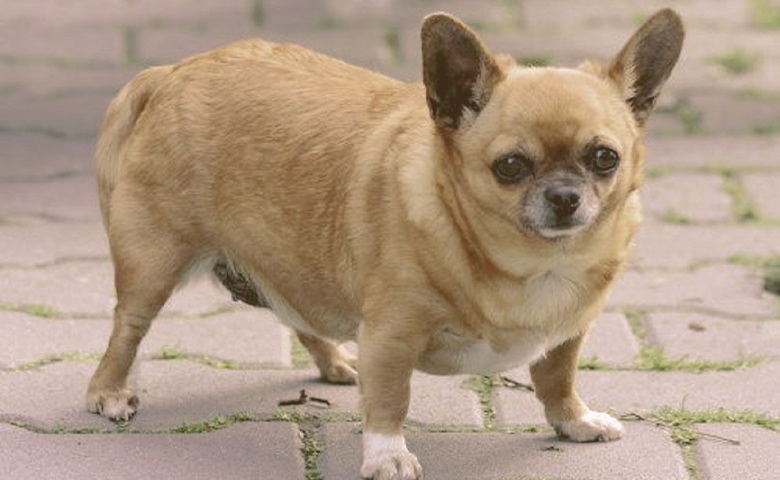
Even though peanut butter is safe to give to dogs, overdoing it (like most things) can tend to come with its own set of problems. Peanut butter is high in fat and thus much higher in overall calories. Some may also contain higher amounts of sugar and preservatives that we should be conscious of as well.
Preventive Vet highlights a couple of issues that your dog may experience if consistently exposed to too much peanut butter:
- Pancreatitis: Causes the pancreas to become inflamed, inducing it to release enzymes and begin to degrade itself.. This can be caused by obesity, too much fat, certain medications, and other known causes.
- Obesity: Since peanut butter is a very high-calorie food, feeding your dog too much of it will cause him or her to start packing on the pounds. Since every dog has their own weight ranges to stay within, you don’t want to start overfeeding your pet.
Just with anything and everything, too much of something usually doesn’t end up being a good thing. It’s fun to see our dogs enjoy something so much for something so simple like peanut butter, but it’s important to make sure their health stays in check.
Is Peanut Butter Healthy for Dogs?
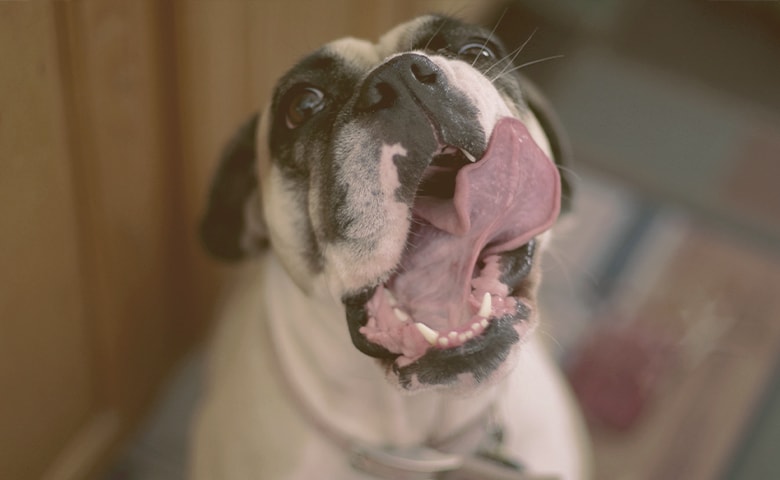
Although peanut butter without certain ingredients isn’t bad for dogs, does that mean that it’s “healthy?” Sometimes it’s easy to think if it’s not bad for you, then it must be good for your dog.
Throughout the article, we’ve discussed that if you’re going to feed your dog peanut butter, then you need to be wary of the ingredients. Just because a little bit won’t do your pet harm, that doesn’t necessarily mean that it’s now “good” or “healthy” for them.
Peanut butter won’t really enhance your dog’s life, but it won’t be detrimental to them if they don’t eat it. It’s one of those things that they’ll be just fine if they have a little bit of it or if they have none of it. In terms of how healthy it is for dogs, it’s fairly neutral.
Can Dogs Have Other Types of Nut Butters?
It seems every day there’s some new food alternative or new healthy snack being produced. There used to be only peanut butter; now there’s a butter for just about every type of nut. If you’re a fan of having other nut butters in your house and like to treat your dog to it, you may be wondering if other nut butters are safe for them to have.
Nut Butters Safe for Dogs
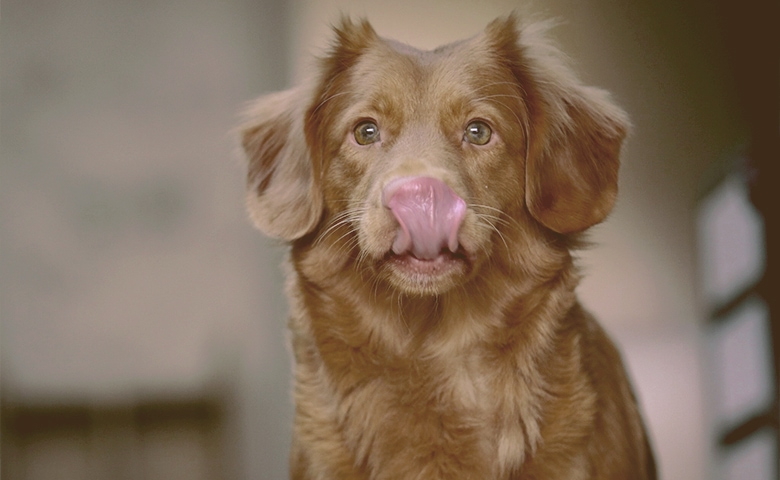
According to The Honest Kitchen and Metairie Small Animal Hospital (MSAH), there are a variety of other nut butters that are safe for dogs to eat:
- Almond butter: Almonds are traditionally safe for dogs, although some have an issue digesting them, so you’ll want to proceed with caution when giving your dog almond butter. Overall, almond butter will be a safe treat to give to your dog.
- Cashew butter: This is another safe nut butter to treat your dog to, but The Honest Kitchen advises that the cashews should be roasted or cooked in some fashion before being made into the butter.
- Hazelnut butter: In terms of serving your dog an entire hazelnut, it’s not as advised because it may pose a choking hazard. However, in butter form, it does not have any toxic components that would cause an adverse reaction in dogs.
There are a variety of different types of nut butters that you can give your dog, so depending on what you personally enjoy, the odds are good that your dog will be able to safely eat it as well.
Nut Butters Not Safe for Dogs
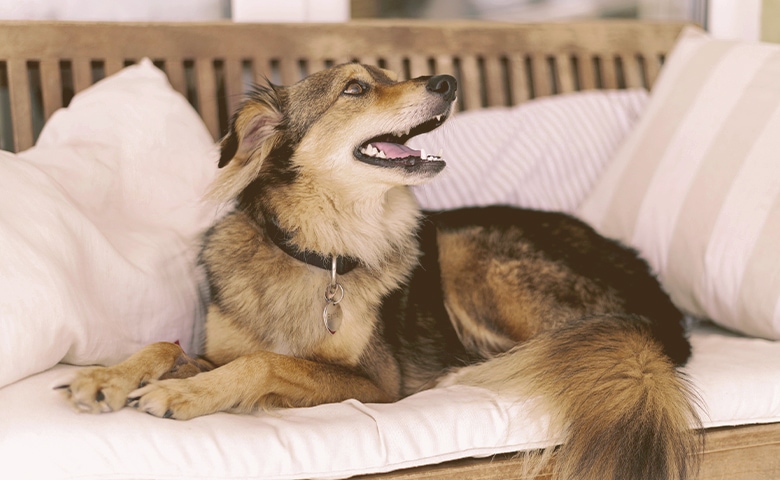
Yes, there are a good amount of nut butters and treats that are safe for your dog, but those don’t come without their counterparts. There are still some that you need to avoid giving your dog for fear of them having issues internally.
As healthy as mixed nuts may be for most humans, there are some nut butters that will give your dog a tough time.
- Macadamia butter: Whether it is in a whole nut or butter form, macadamia anything is not going to go well for your dog. It can cause an array of reactions from weak legs, fever, shiver, diarrhea, and even vomiting.
- Pecan butter: Pecans are another troublesome nut that should be kept away from your dog, as pecans in their natural state or served in a butter form could cause liver damage.
- Pistachio butter: It’s hard to deny that this has to be one of the most favored nuts out there. As great and addicting as they are, pistachios can carry a particular type of mold that can also be detrimental to your dog’s liver.
- Walnut butter: No matter what variety, walnuts of any kind are another type of nut that contains mold that could cause stomach irritation in your dog. Not only that, but they are also a poisonous nut for dogs and can even lead to seizures or other neurological issues.
Overall, there needs to be extra caution when giving your dog anything that is considered human food and not made specifically for animals. Many times we think there are certain “healthy” foods that surely must be okay for our dogs, but in reality, they can cause severe side effects. As with anything new you give to your pet, be sure to do sufficient research and make sure it’s safe for your dog to consume.
Final Thoughts
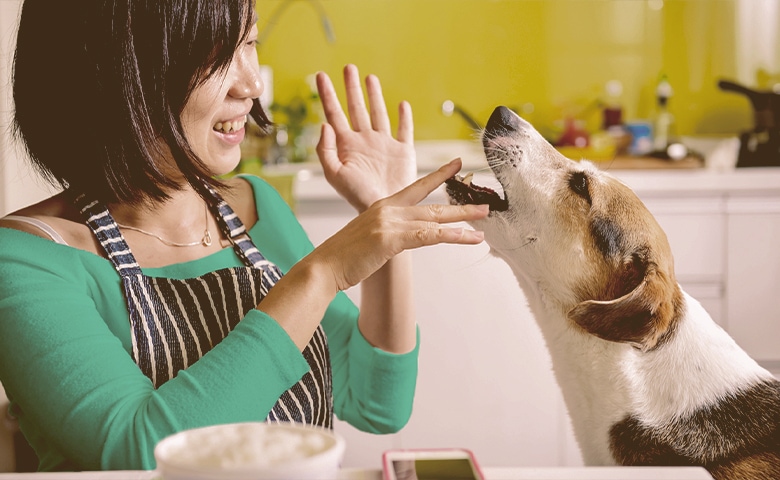
It’s fun to spoil our dogs, but we still need to proceed with caution and not get too overzealous on the human treats. Any good pet lover and owner knows that there isn’t much that we won’t do for our pets. Unfortunately, sometimes doing what we think will make them happy and rewarding them for being a good dog might actually do more harm than good.
Overall, your dog will be just fine with little amounts of peanut butter at a time. Just be sure that the ingredients list isn’t a mile long and doesn’t contain xylitol or anything with “xyl” in the name. If you can find one with fewer preservatives and sugar, that would also be the best option for both you and your furry friend. It’s fun to treat our dogs, but we must also keep them healthy at the end of the day!
Sources
Huffington Post
Akc.org
Bostonglobe.com
Doglab.com
Amazon.com
Preventivevet.com
Aspcapetinsurance.com
Thehonestkitchen.com
Msah.com

